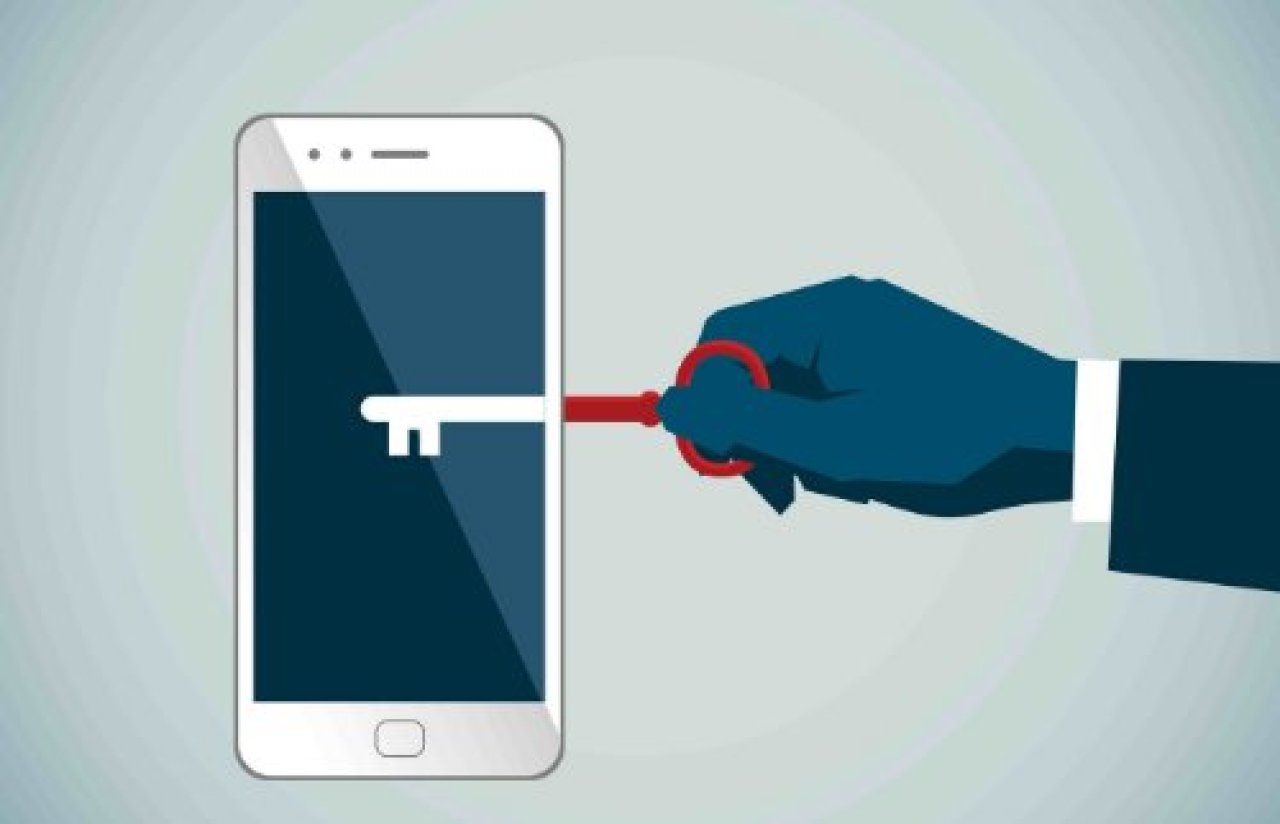Practical Ways to Protect Your Smartphone from Hackers

Phones have become an integral part of our lives as human beings today. We use it to communicate and store personal and corporate information every day. Inconveniently, your personal information and accounts stored on your phone are susceptible to infiltration by hackers. And once your smartphone has been compromised and your data exposed, hackers can do as they please with them.
In past years, hackers have successfully used different methods to infiltrate people’s smartphones. If you don’t want to fall victim, it is important to protect your smartphone from hackers. This is why we decided to write this article to help you protect your privacy and smartphone from hackers. Follow on;
Lock your Smartphone
This might seem like a very basic method, but sticking to the basics never hurts. Using a pin or security code to safeguard your phone from hackers is actually very effective. Considering that not all hackers take an online route to infiltrate your phone, some take physical approaches. A good password would keep them out of your phone. Hackers are usually more interested in the information they will get out of the phone than the phone itself. So hackers tend to leave smartphones they can’t access without wiping the memory.
Change the default pin or password that comes with your phone. Most importantly, avoid obvious passwords like "1234," "0000" and “2580”, or birthdays or names. These are often predictable; try mixing numbers, alphabets and symbols together to create a new password. Or you can use as many security options as possible, such as fingerprint and face lock.
Avoid Downloading From Unverified Sources
If you download files from illegal websites, we advise that you stop. Downloading illegally exposes your phone to not just viruses. Hackers create some of these viruses to gain access to people's phones and either monitor them or hijack their personal info. Illegal websites might offer you more tempting deals for an app but that is the point. It is supposed to pique your attention and ensnare you to download it. So avoid downloading from illegal websites.
Hackers also use legal websites, so to be safe, block the installation of apps from unknown sources via your settings. Ensure you pay attention to any warning you receive about the certification of any website you visit. Lastly to confirm the website you’re visiting is safe, check if the HTTP has an s at the end, like this HTTPS://. If there’s a padlock sign at the end of the HTTPS://, it is safe. Make it a habit to check these two things to verify it is encrypted before downloading from any website.
Back Up your Data
You can backup your data on an external device like a spare smartphone or your PC. However, this option is not foolproof considering your external device could crash, get stolen or hacked. The best way to back up your files is by uploading them to the cloud, on either iCloud for iPhones or Google Drive for Android smartphones.
Backups are important in case a hacker successfully infiltrates your phone or steals it. You can remotely disable your smartphone and delete all your personal information. Once you have wiped it, you can safely sync the information and files you’ve backed up into a new smartphone. Here are guidelines for backing up your iPhone and Android smartphones.
Update your Apps and Delete Unused Apps
Always update the apps on your phone regularly, as well as your phone’s operating system. Updating apps can indeed be annoying if they are frequent and require large storage. However, these updated versions are more improved and secure than their previous versions. It’s better to have them installed than the older versions that can be used by hackers to gain entry into your phone.
Prioritizing applications based on their importance would make it easier to manage them. Newly updated apps require more space, you must free up space or get a memory card to move your files into. Delete apps and files that you haven’t used in weeks or won’t use. This way, you can have more space to update the apps you need.
Don’t Carelessly Share your Information
Everyone has a circle of friends or people we interact with from time to time. Whether they are friends, colleagues from work or even family, be mindful of who you share your details with. Your friends and family could carelessly share your information with outsiders who you do not know or trust. Careless actions like these can lead to your smartphone being hacked by outsiders. An instance is when you need to login to an app and do not have your phone so you use your friend’s. Your friend’s phone can autosave your details and expose them. Another bad instance is sharing your password with others carelessly. The person could take private files from your phone and expose them.
This point needs to be given utmost attention. You won’t expect a coincidence like friends and family exposing your details to happen, it’s best to be safe than sorry. To avert such an occurrence, change your passwords or login details after sharing them with your friends or colleagues. Better still, don’t share the details at all, unlock your phone yourself without telling the person your password.
Use Wi-Fi and Bluetooth wisely
A lot of people are not mindful of the public WiFi or Bluetooth tethered hotspots they connect to. This has resulted in several cases of smartphone hacking. If you have been connecting to free public WiFi or Bluetooth hotspots, you should be more careful or stop. You might’ve been lucky enough to evade hackers but your luck could run out on a very bad day. Hackers set up Wi-Fi and Bluetooth in public places like restaurants, malls and eateries to bait people into exposing their smartphones. So it is best to verify the Wi-Fi or Bluetooth before connecting to it.
Install an antivirus application to verify a public Wi-Fi’s safety before connecting or to even disconnect you from unsafe Wi-Fi or Bluetooth networks. You can also verify directly from the staff of the public place if the WiFi is safe or if the available Bluetooth connection is theirs.
Install an Antivirus/Security Software
Antivirus apps protect your smartphone and your applications from hackers. Various antivirus apps perform unique security tasks depending on which antivirus software you install. Certain antivirus would warn you about a suspicious website, app or Wi-Fi connection. Some antiviruses scan the apps installed on your smartphone for malware and immediately delete the detected threats.
Antiviruses ensure that your smartphone is always secured and protected from hackers. You can also lock specific apps while reviewing your installed apps for data exposure. Certain antiviruses can back up your files on their lookout servers, and easily restore them peradventure you ever happen to lose your smartphone.
The point of protecting your phone is not granting hackers access to it at all. Hackers would do whatever it takes to get your personal information and you have to be prepared. With our suggested ways of protecting your smartphones from hackers, we believe you should be steps ahead of the hackers. You can check out our affordable and highly functional smartphones on SellOff.ng today.







